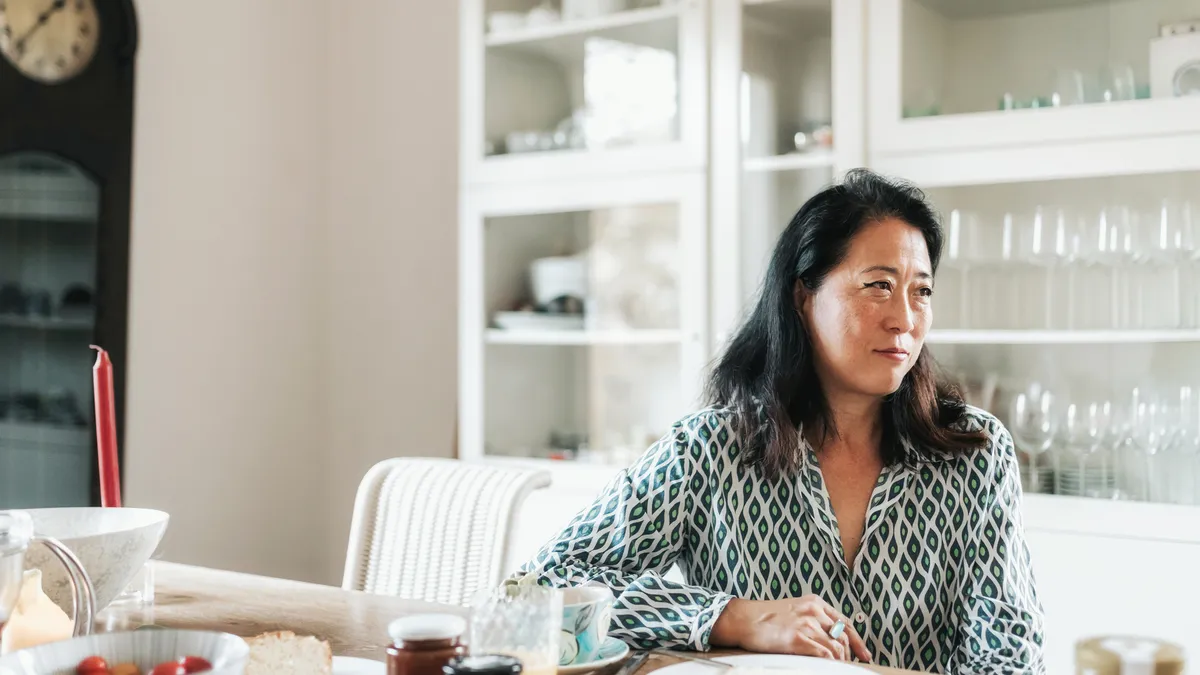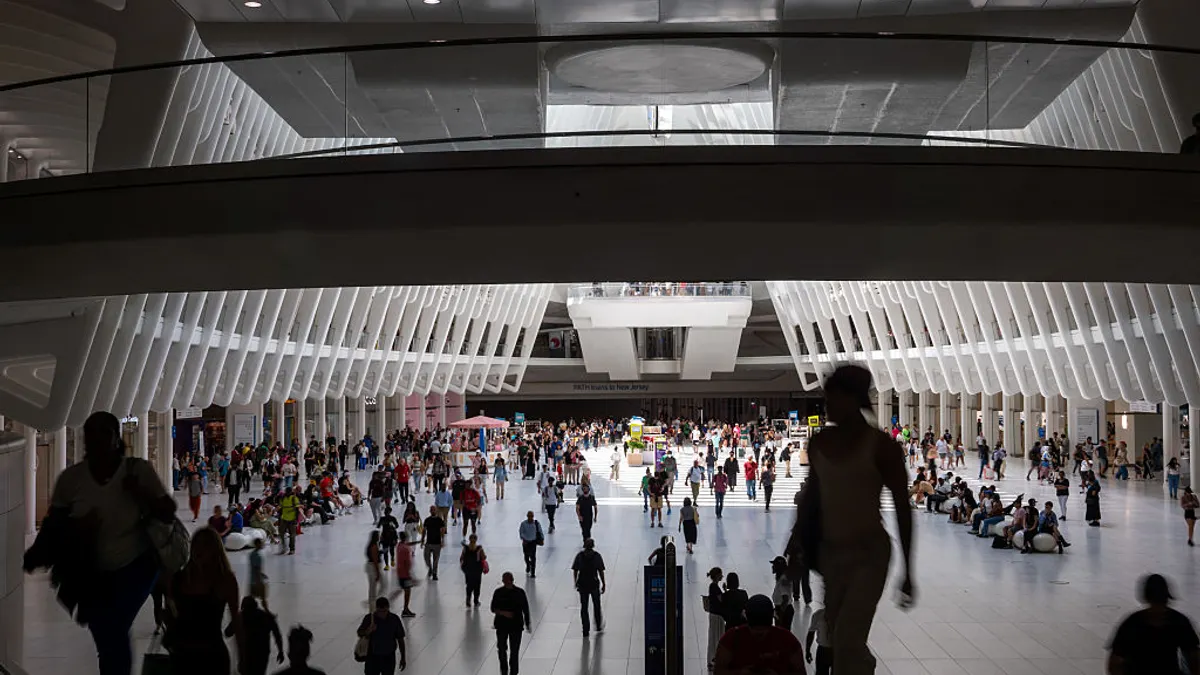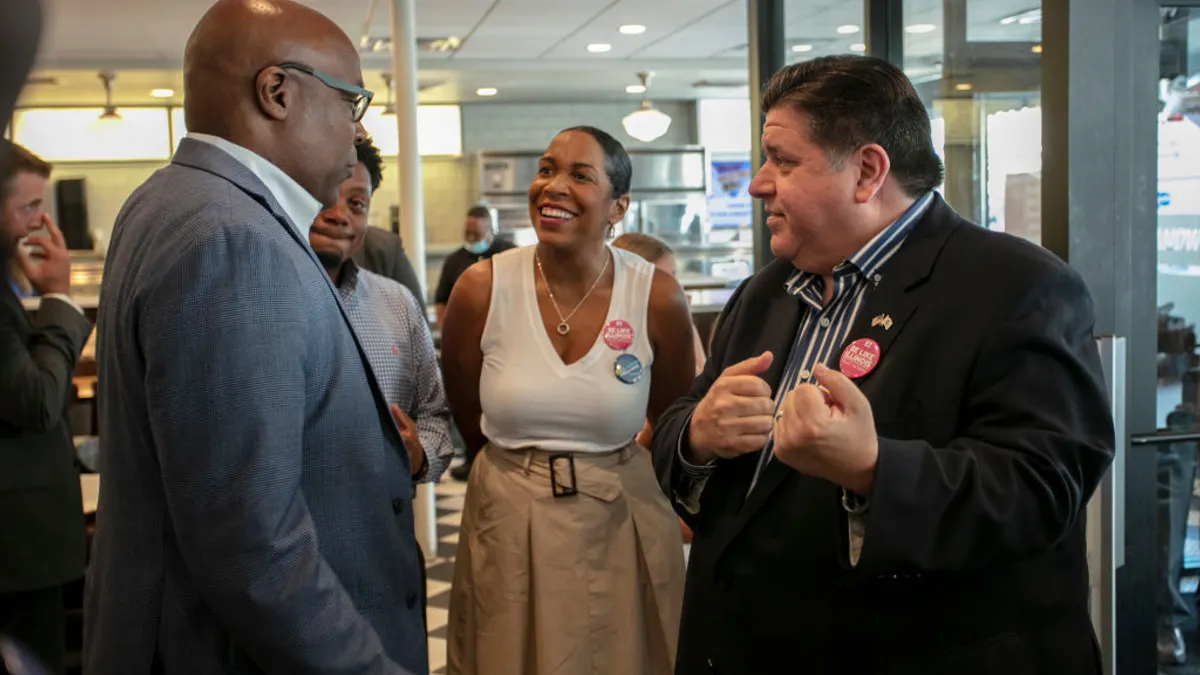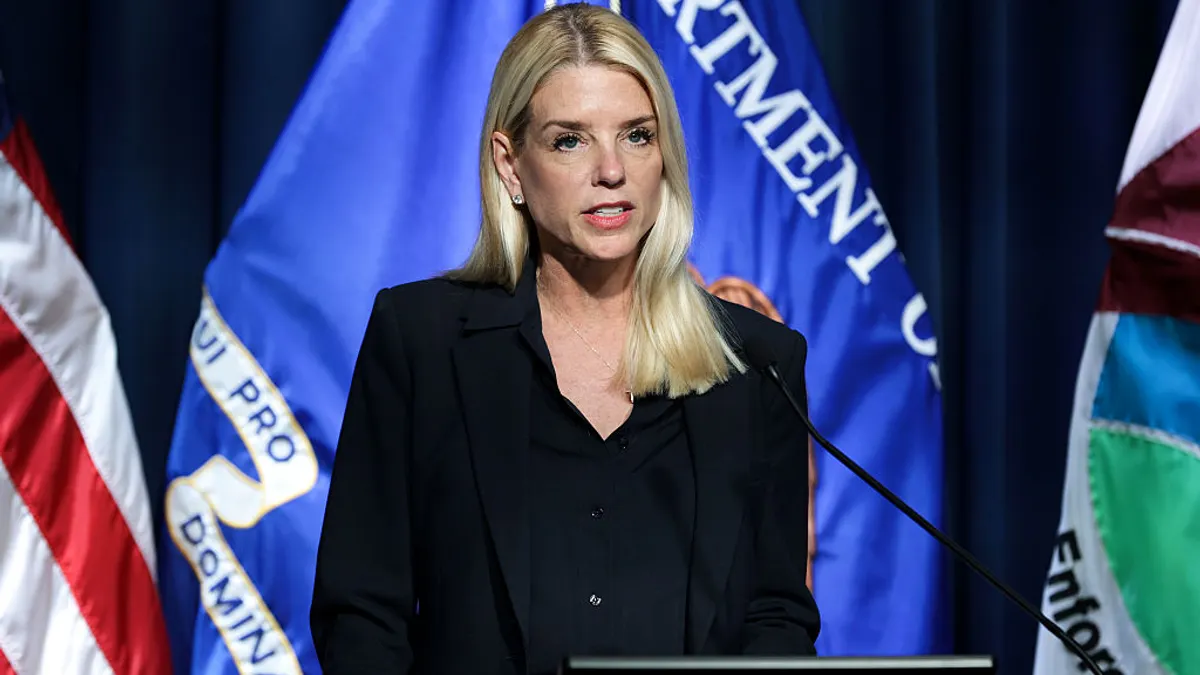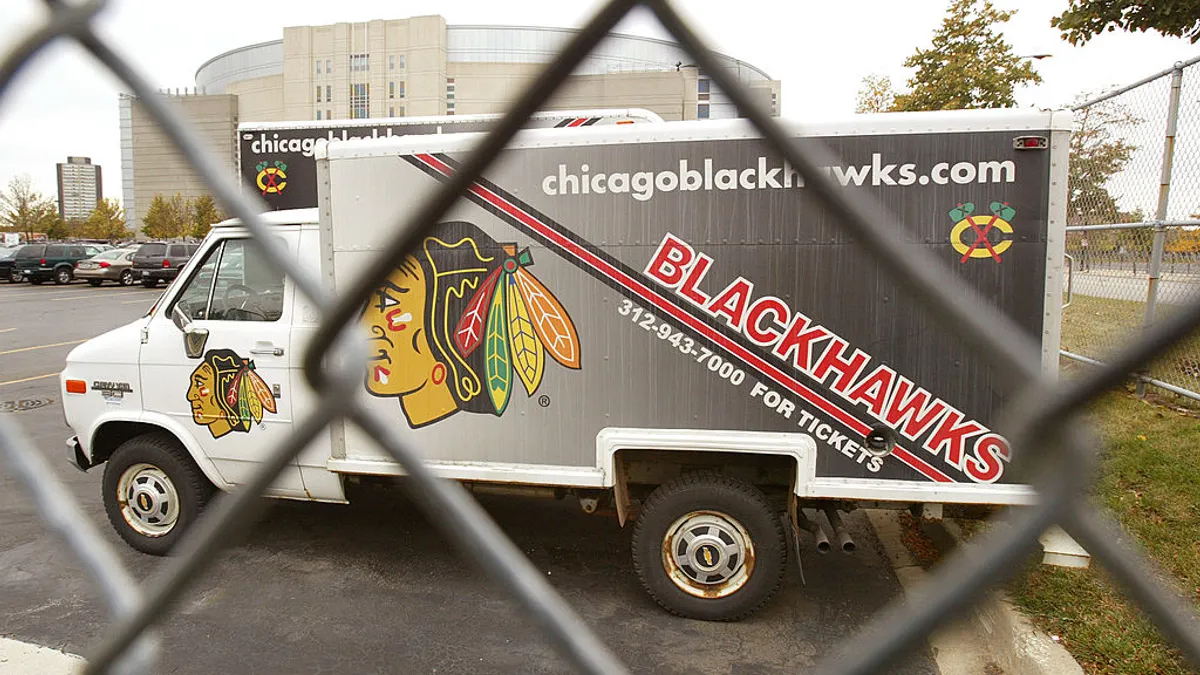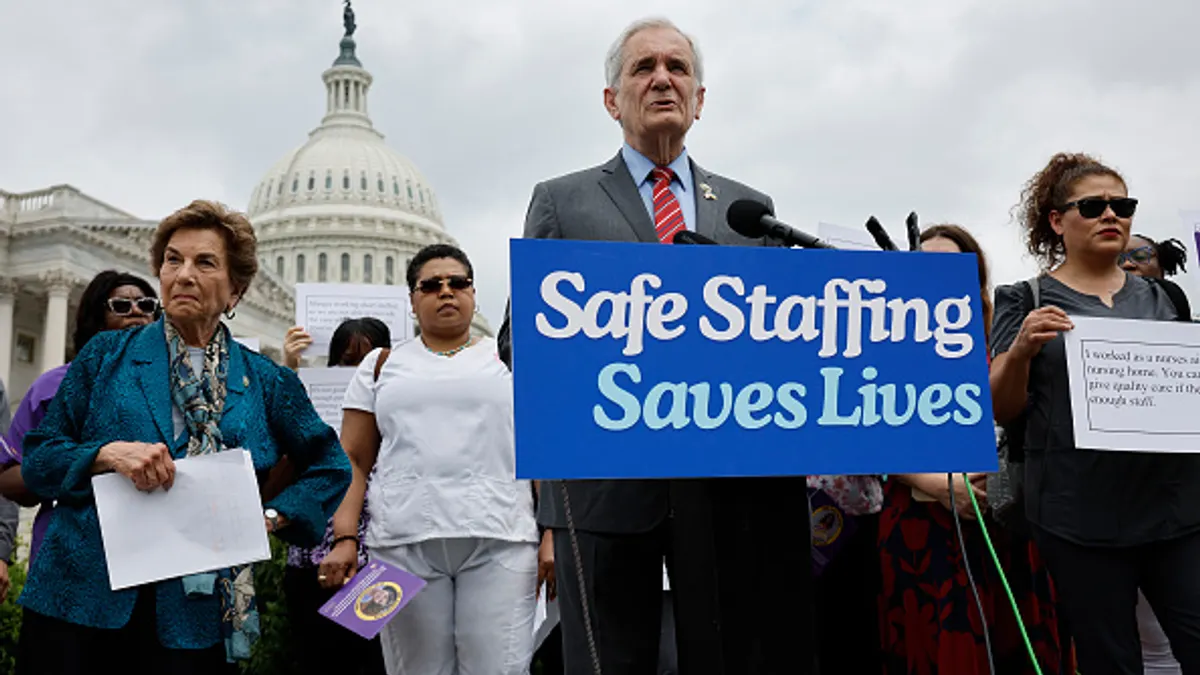Members of many groups are struggling with their return-to-work experience: people with disabilities grapple with threats to accessibility via return-to-office mandates, Black women may open themselves up to more microaggressions, mothers continue to balance caregiving demands and work. A particular group employers should keep in mind for support are Asian American and Pacific Islander workers.
Hate crimes against AAPI folks in the U.S. have skyrocketed since the onset of the COVID-19 pandemic. On July 20, Stop AAPI Hate published Two Years and Thousands of Voices, which unpacks nearly 11,500 hate incidents reported between March 19, 2020, and March 31, 2022. Notably, 40% of recorded incidents took place in public areas, such as a sidewalk, the road, parks or hiking trails. One in 10 incidents took place on public transit and at least 17% of incidents involved physical violence. As detailed in the report, Asian American women, nonbinary people and LGBTQ folks faced intersectional harassment.
“There's a lot of fear in these communities, as people have to take public transportation and be out physically in the world again,” said Farzana Nayani, a diversity, equity and inclusion specialist. “Quite frankly, I've heard from many Asian employees that they're scared to actually go back to work because of these incidents. It affects the elderly. We've seen some really horrific incidents in New York of women going to and from work, where they've been attacked and murdered. It's traumatic.”
Disrupt the silence
Stop AAPI Hate’s report noted 2021 data suggesting only half (49%) of AAPI individuals feel safe leaving their house. Thirty-two percent worried about their children facing hate crimes and twice as many worried about their elders; 95% of AAPI folks who reported hate incidents felt the U.S. is more dangerous for them. In particular, 98% of Asian American elders voiced their observation that the U.S. had become more physically dangerous for AAPI people.
From Nayani’s perspective, the issue is that members of the Asian community — her community — tend to be private about the discrimination and violence they face, to avoid shame around it. “Sometimes, there is an orientation toward not talking about painful things. Employers mistake that this community is fine, and that's just not the case.”
This fear of speaking up is bolstered by the model minority myth. This term refers to the bias that Asian American people are successful, exemplary in STEM and wealthy, and the data that supports that viewpoint. The idea that Asian American and Pacific Islanders are inherently “superior” in certain categories is false, Nayani said. “That doesn't count the vast ethnic diversity in the Asian community: people who are refugees, who are suffering, who are marginalized, who face colorism. I have trouble with those reports, because it's a one-sided view, and it affirms and reinforces this flawed model minority myth.”
Make an action plan
Just as employers would for any other danger, such as a building fire or inclement weather, they should create a safety plan, Nayani said in an interview with HR Dive. Not only can bosses have a “proactive conversation” before one of their employees experiences a hate crime, but there should be ongoing dialogue acknowledging that this kind of violence is a reality, she said.
Pepper spray and buddy systems, for example, are some solutions that Nayani has heard ERGs offer up in the wake of hate crimes. She also brought up schedule adjustments, so certain employees wouldn’t work hours where they would start or end work while it was dark outside.
Sometimes, the balm for distressing times is less tangible but equally important. Speaking to HR Dive, Nayani recalled a time when she was in a general resource group for Black employees, Indigenous employees and people of color. A colleague entered the video call, upset and apologetic because her camera was off.
She explained that her grandfather had been attacked an hour before. “She was Asian. She lives in San Francisco, where this is rampant. We held space for her — we all were obviously emotional and we reacted. The executive sponsor in that group, who happens to be White, took it up to HR and asked for support,” Nayani said. (The C-suite lead kept the employee anonymous to maintain confidentiality.)
HR sent out a companywide response, acknowledging the sometimes violent reality of being Asian, and encouraged employees to take mental health days. “It was a beautiful example of how having a safe space, and advocacy and allyship, and HR and organizational responsiveness works — how employee resource groups and HR can work together to be supportive,” she said.
Bring psychological safety to the fore
A key suggestion from Nayani is discussing emotional safety; she nodded to the emotional fallout of Shinzo Abe’s assassination and Sri Lankan unrest amid a dire financial crisis. “That's going to directly affect our AAPI communities here,” she said. Consider how Asian employees are processing these events, and how employers can “create a sense of safety and stability” when workers’ home countries are unstable, she said.
About half of respondents in Stop AAPI Hate’s report on mental health said they were suffering from depression or anxiety. The data suggested that 72% of Asian American folks consider discrimination their greatest stressor currently — more than pandemic-related health concerns — and researchers noted the link between racism experienced during COVID-19 times and post-traumatic stress disorder.
Nayani again emphasized the importance of ERGs, particularly Asian-led ones, as shame-free space. The conversation turned to inclusion when Nayani highlighted a report from consulting firm, Bain, wherein Asian employees said they feel least included in the workplace out of all racial groups.
“Asians aren't banging the drum about this,” so many non-Asian people aren't picking up on the nuances, she explained. Meanwhile, in the safer, anonymous self-report mechanism: “We’re getting the truth,” she said. “HR and organizational leaders need to take note of that and do something about it.”



